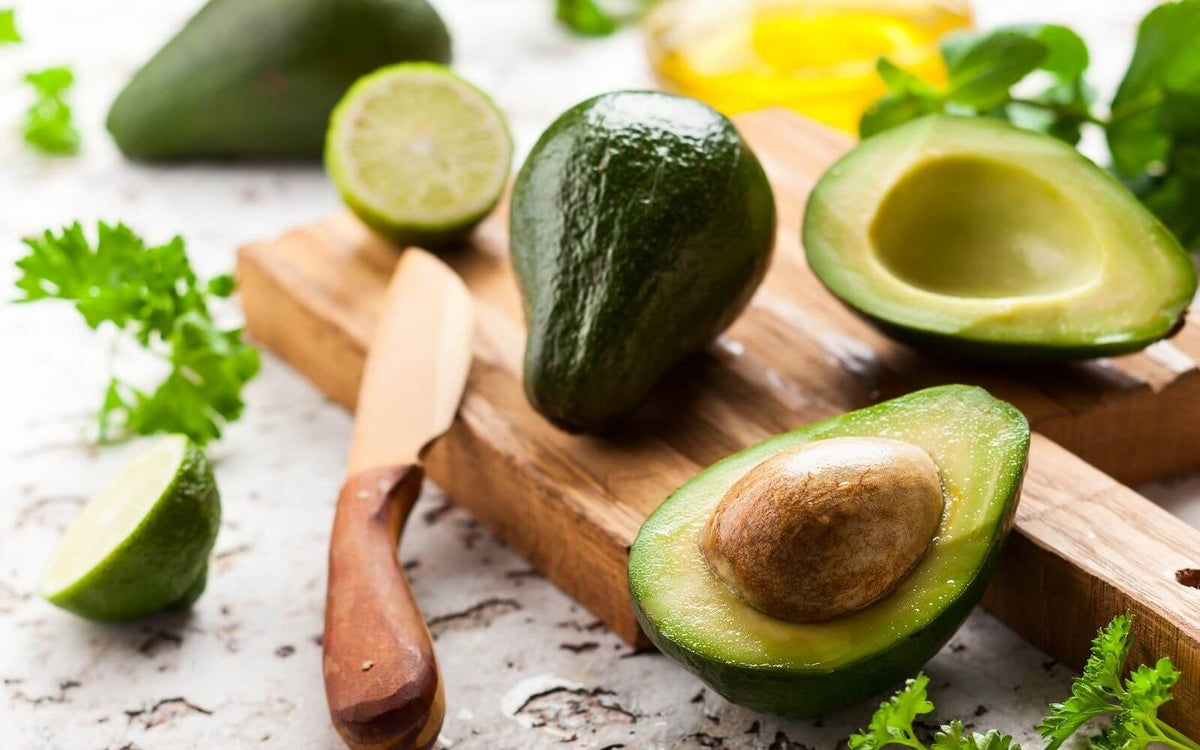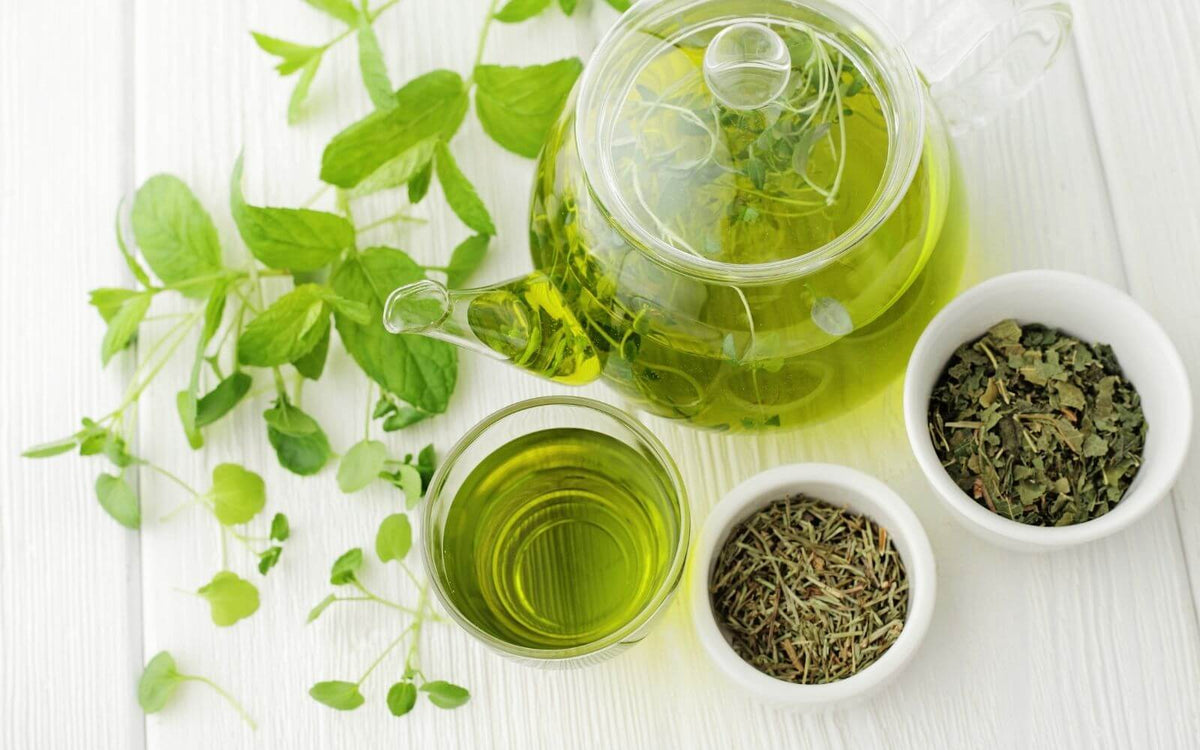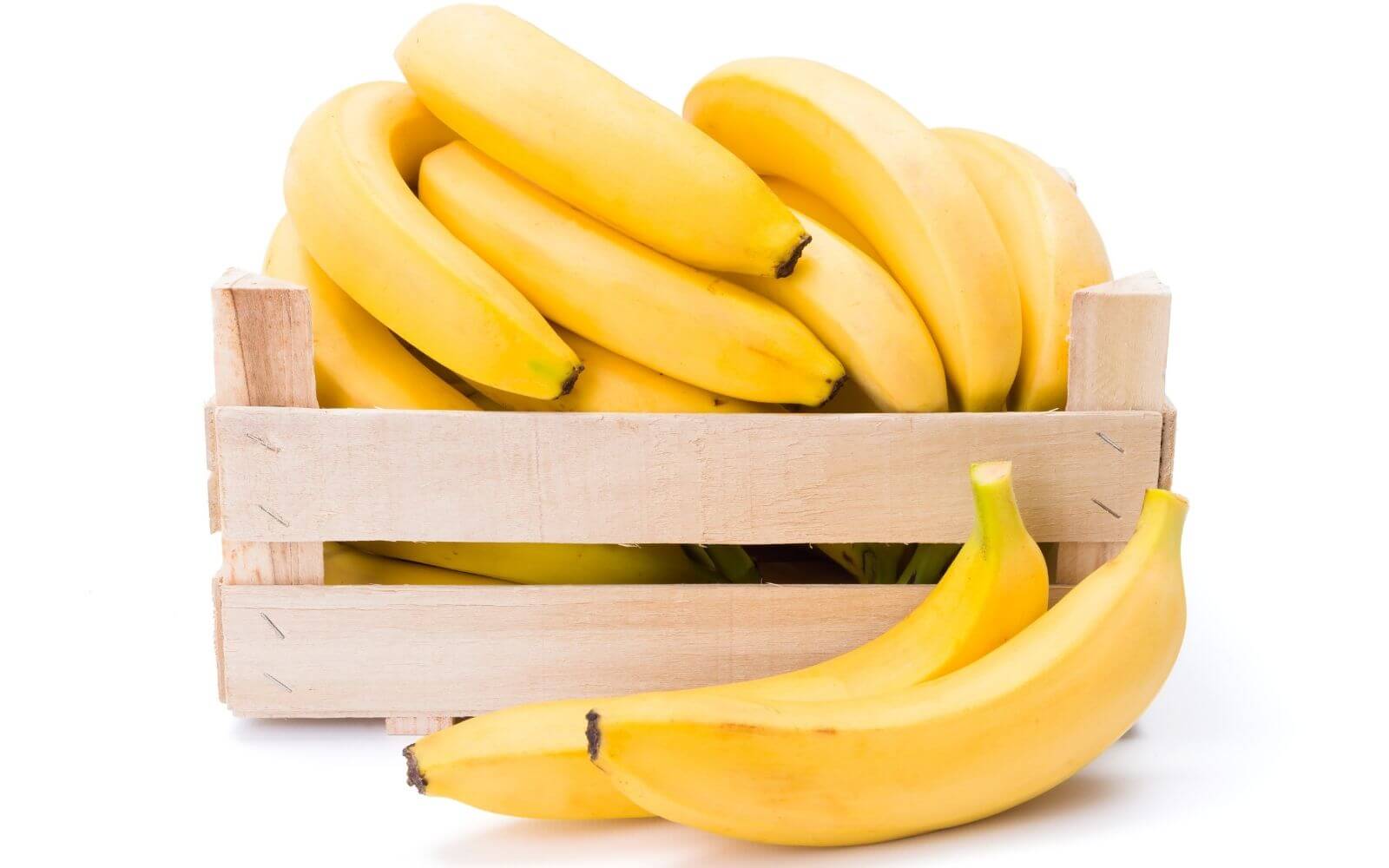Top 3 Healthiest Berries

Top 3 Healthiest Berries
Most berries are very nutritious and are typically high in antioxidants, fiber, and vitamins and minerals. Better yet, not only are berries incredibly delicious and fulfilling, but they can also help prevent and treat a variety of conditions including heart disease, brain disorders, high blood pressure, diabetes, arthritis, and many other well-known diseases. Here are the top 3 healthiest berries and why you should begin to incorporate them into your diet today.
1. Blueberries

Blueberries are delicious, low in calories, packed with antioxidants, are full of vitamins and minerals, and are classified as a superfood.
Are Blueberries Good For You?
A 3.5-ounce (100-gram) serving of blueberries has:
Vitamin C: 24% of the RDI
Vitamin K: 35.8% of the RDI
Manganese: 25% of the RDI
How Many Calories Are In Blueberries?
Blueberries are extremely nutrient-dense and contain very little calories per serving. A 3.5-ounce (100-gram) serving of blueberries has only 57 calories.
Blueberries Glycemic Index
Blueberries have a glycemic index of 53—which is a measure from 0-100 how quickly and intensely foods increase blood sugar levels. This rating indicates blueberries are not likely to cause a spike in blood sugar levels.
Do Blueberries Have Fiber?
There is a lot of fiber in blueberries. Dietary fiber is an important part of a healthy diet and a healthy gut. One cup of blueberries provides roughly 3.6 grams fiber. Research suggests that men and women should aim to consume 20 - 30 grams of fiber each day. Eating a handful of blueberries each day is a simple and effective way to increase your daily fiber intake.
Nutrition of Blueberries
The nutrition of blueberries is hard to beat. They are full of antioxidants, which are powerful compounds that can prevent or slow damage to cells caused by free radicals. Free radicals are unstable molecules that the body produces in reaction to the environment and or other stressors. This is part of the reason blueberries are considered to be excellent brain food as well as help treat and prevent Alzheimer's disease.
Anthocyanins: Anthocyanins are a specific type of antioxidant that inhibit oxidation. In herbal medicine, anthocyanins have been used to treat a number of conditions including high blood pressure, blood vessel health, colds, and urinary tract infections. Recent research also shows that anthocyanins may effectively help fend off heart disease and cancer.
Quercetin: Quercetin is one of the most abundant antioxidants and plays an important role in helping your body combat free radical damage. Studies show quercetin may help reduce inflammation, ease allergy symptoms, may have anticancer effects, lower blood pressure, may reduce your risk of brain disorders and dysfunction, help combat aging, enhance exercise performance, and even aid in blood sugar control.
Myricetin: Myricetin exhibits a diverse range of activities that include strong antioxidant, anticancer, and anti-inflammatory activities. Recent research also suggests that myricetin may be beneficial to protect against diseases such as Parkinson's and Alzheimer's.
What Happens If You Eat Blueberries Everyday?
According to multiple studies, if you eat blueberries everyday you are boosting your immunity, reducing your risk of developing diabetes, obesity, and heart diseases. Additionally, consuming blueberries each day can help strengthen your metabolism and prevent any type of metabolic syndrome and deficiency.
2. Raspberries

Raspberries, like blueberries, are incredibly delicious, perfect for a hot summer day, and are an excellent source of fiber. They are also high in different vitamins and minerals like vitamin C and manganese that have many health benefits.
Are Raspberries Good For You?
One cup (123 grams) of raspberries provides different vitamins and minerals as well as impressive health benefits.
Calories: 64
Vitamin C: 36% of the RDI
Vitamin K: 8% of the RDI
Manganese: 36% of the RDI
Fiber In Raspberries
Berry for berry—ounce for ounce, raspberries have more fiber than blueberries, strawberries, and really any other berry for that matter except for blackberries (they are tied in fiber content). One cup (123 grams) of raspberries packs 8 grams of dietary fiber.
Raspberries vs Blueberries
Blueberries and raspberries are full of potent antioxidants like quercetin and ellagic acid, are high in vitamins and minerals, and as mentioned above both are a tremendous source of dietary fiber.
Health Benefits of Raspberries
Raspberries can reduce your risk of developing a number of diseases including diabetes, cancer, obesity, arthritis, heart disease, and various brain disorders. Overall, raspberries are incredibly delicious, easy to add into any diet, are full of vitamins and minerals, are a great source of fiber, and can help protect you from a variety of diseases.
3. Strawberries

Compared to other fruits strawberries have a relatively low glycemic index. This means eating strawberries will most likely not lead to rapid spikes in blood sugar. Strawberries are high in vitamin C, manganese, folate, potassium, and have a high antioxidant capacity as well.
Nutritional Value of Strawberries
One cup (144 grams) of whole strawberries contains:
Calories: 46
Vitamin C: 97% of the RDI
Folate: 50% of the RDI
Manganese: 24% of the RDI
How Much Fiber Is In Strawberries?
Strawberries do not have as much fiber as say raspberries or blackberries, however, they are still an excellent source of fiber with 3 grams in each serving.
Benefits of Strawberries
Eating strawberries is associated with improved heart health and lower blood sugar levels. Additionally, eating strawberries may also:
- Improve blood antioxidant levels
- Decrease oxidative stress
- Reduce inflammation
- Improve cardiovascular function
- Improve blood lipid profile
3. Blackberries (Tied)

Like the other berries on this list, blackberries are high in vitamin C, fiber, antioxidants, vitamins A and K, and most importantly, are incredibly delicious. They are a great addition in your bowl of oatmeal, a fresh fruit smoothie, or even just fresh out of the pack.
Are Blackberries Good For You?
Blackberries are incredibly good for you and your health. One-cup of blackberries has many health benefits, is easy to incorporate into any diet, and contains the following vitamins and minerals:
Calories In A Blackberry
One serving of blackberries has only 62 calories and is full of vitamins, minerals, and potent (powerful) antioxidants.
Vitamin C: 50% of the RDI
Vitamin K: 33% of the RDI
Manganese: 48% of the RDI
Potassium: 233 mg (6% of the RDI)
Fiber In Blackberries
For such a small berry, blackberries are incredibly high in fiber. A one-cup serving of raw blackberries contains nearly 8 grams of fiber. Both raspberries and blackberries are tied for the highest content of fiber per berry.
Blackberries Glycemic Index
Blackberries have a relatively low glycemic index (GI) of 25. Nearly half that of blueberries. GI ranks how carb-containing foods may impact your blood glucose response. 55 or lower is considered "not likely" to spike blood sugar levels. This is why blackberries glycemic index is low.
Benefits of Blackberries
Besides being high in fiber and different vitamins and minerals, blackberries have many other impressive health benefits. Benefits of eating blackberries everyday are:
- May protect against heart disease
- Can help prevent cancer
- May boost brainpower
- Can support oral health
- Has anti-inflammatory properties
- Powerful antioxidant capacity
How Many Carbs Are In Blackberries?
One-cup serving of blackberries contains 14 grams of carbohydrates. The majority of that carbohydrate content, however, is actually fiber. The net-carbs therefore, is only 6 grams.
Raspberries vs Blackberries
Raspberries and blackberries share the title for most fiber content per berry beating blueberries and strawberries by a wide margin. Both are full of vitamins and minerals, however, they do not have quite as many antioxidants as blueberries.
Other Healthiest Berries
Although blueberries, raspberries, and strawberries are the healthiest berries to eat, there are many other healthy types of berries to enjoy. This includes acaí berries, cranberries, goji berries, and elderberries.
Acaí Berries: High in antioxidants, these berries come from the acaí palm trees in the rainforest of South America. This flavorful berry is loaded with fiber, low in sugar, and makes a great addition to nearly any bowl or smoothie.
Cranberries: High in vitamin C, antioxidants, a delicious add-on to most meats, and high in manganese too.
Goji berries: For over 2,000 years Asian countries have harvested this berry as a food supplement and even as a medicinal option. Goji berries have 5x the antioxidant capacity of raisins and powerful properties for complete immune system support.
Elderberries: This berry has been used for hundreds of years to help treat headaches, fever, joint discomfort, muscle pain, and even constipation. Elderberries are loaded with vitamin C, vitamin A, and have over 10.2 grams of fiber per serving.
Antioxidants in Berries
Berries are a great source of antioxidants, such as anthocyanins, quercetin, ellagic acid, and resveratrol. In addition to protecting your cells, these plant compounds may reduce the risk of various diseases. One study showed that blueberries, blackberries, and raspberries have the highest antioxidant activity of common fruits, next to pomegranates.
There has been several studies to confirm that the antioxidants in berries may help reduce oxidative stress. Oxidative stress is defined as, "a disturbance in the balance between the production of reactive oxygen species (free radicals) and antioxidant defenses."
Antioxidant Supplement Stemulife
Stemulife is a cellular health supplement that is loaded with powerful nutrients and antioxidants like quercetin, reseveratrol, curcumin, CoQ10, and piperine for increased absorption. Many users have reported more energy, improved cognitive function, less pain, and better looking skin.

You can shop Stemulife here.
Calories In Berries
Berries are low in calories and full of essential nutrients like fiber and different vitamins and minerals. The amount of calories in a berry per serving can range from 20 calories in an acaí berry to 64 calories and above in raspberries and other berries.
"Best" and Most Nutritious Berry
All berries are incredibly nutritious. They are full of fiber, antioxidants, and essential vitamins and minerals. The "best" berry may as well go to blueberries. They are the most nutrient-dense berry and contain the greatest number of antioxidants. Blackberries are a close second for the most nutritious berry.
Top 3 Healthiest Berries Summary
Berries are low in calories, high in fiber, vitamins and minerals, and are an excellent source of antioxidants. Blueberries, raspberries, strawberries, and blackberries are incredibly delicious and make the perfect addition to any diet.
- Blueberries contain the greatest number of antioxidants out of any berry
- Antioxidants are powerful compounds that can prevent or slow damage to cells caused by free radicals.
- Similar to blueberries, raspberries are full of potent antioxidants including quercetin and ellagic acid, that can help reduce the risk of a number of diseases.
Compared to the other berries on this list, strawberries have a relatively low glycemic index. This means eating strawberries will most likely not lead to rapid spikes in blood sugar. Strawberries have many impressive health benefits and are high in vitamin C, manganese, folate, potassium, and have a high antioxidant capacity as well.
Blackberries are high in vitamin C, fiber, antioxidants, and vitamins A and K. They are a great addition in your bowl of oatmeal, a fresh fruit smoothie, and are low in calories too.
Although blueberries, raspberries, strawberries, and blackberries are the healthiest berries to eat, there are many other healthy types of berries to enjoy. This includes but is not limited to:
- Acaí berries
- Cranberries
- Goji berries
- Elderberries
Frequently Asked Questions About Berries

Q: What is the healthiest type of berry?
A: In terms of nutrient value blueberries are the world's healthiest berry. Blueberries are full of antioxidants, vitamins, minerals, and antioxidants.
Q: Which berry has the highest antioxidant content?
A: Blueberries, cranberries, and blackberries have the highest antioxidant content out of any berry.
Q: Are strawberries or blueberries better for you?
A: Blueberries are more nutrient-dense than strawberries. Calorie-for-calorie blueberries provide a more complete nutrient profile than strawberries.
Q: What happens if you eat blueberries everyday?
A: If you eat blueberries every day you may be reducing your risk of cancer, obesity, heart disease, cancer, and dementia. Eating blueberries everyday is one of the most beneficial diet-related things you can do.
Q: Are blueberries good for your heart?
A: Blueberries are considered a superfood and can help you maintain healthy bones, reduce blood pressure, ward off heart disease, and even reduce your risk of cancer.
Q: Blackberries vs Blueberries?
A: Blueberries are overall, the most nutritional berry. They are much more nutrient-dense than blackberries and are contain a greater number of antioxidants as well as key vitamins and minerals. That is perhaps the main difference between blackberries and blueberries—the nutritional profile of the blueberry and the amount of antioxidants that blueberries contain versus blackberries.
Q: What 3 fruits are high in antioxidants?
A: There are many fruits that are full of vitamins, minerals, and antioxidants. This includes cranberries, red grapes, many of the berries we have already discussed above like raspberries, blackberries, blackberries, and blueberries.
Q: Do blueberries have fiber?
A: Yes, blueberries are high in fiber. One serving of blueberries contains roughly 2.4 grams of fiber which is a little less than strawberries due to the difference in berry size.
3 Responses
EDWARD Thomas BILLHAM
With all the junk food today blackberries,strawberries and bananas for breakfast seems the best answer!To start the day.
Zula
I learned a lot. I love, love, blackberries and blueberries. I will have to try some raspberries. Thanks 😊 for the information.
Leave a comment
Comments will be approved before showing up.
Also in Nutrition

The Benefits of Avocados

The Benefits of Green Tea









Patriot Will
February 14, 2022
I had some raspberries that looked good, but didn’t have much flavor. Baked them with a little sugar at 300 degrees F for 30 minutes. They now taste delicious. The baked raspberries are now being eaten with some Greek yogurt - marvelous.